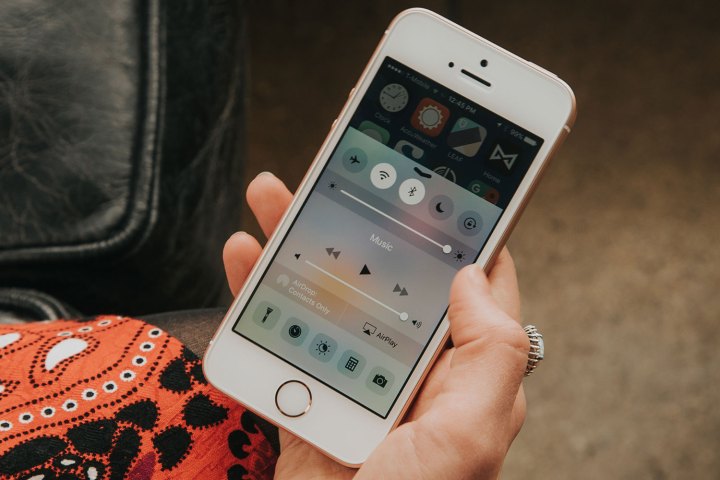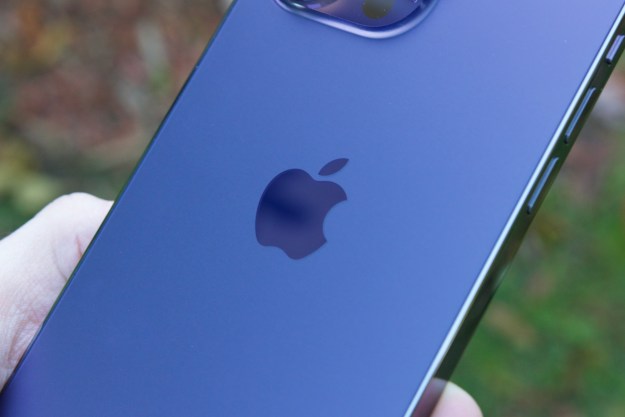
This time, it wasn’t because investigators were able to hack into a New York drug dealer’s smartphone that was the focus of the dispute, but rather because the passcode was provided to them by an unnamed source.
In a letter addressed to U.S. District Judge Margo Brodie, prosecutors said that they were able to examine the contents of the iPhone in question on Thursday evening, and were therefore withdrawing their request for Apple’s help. Previously, federal investigators pursued legal action against Tim Cook’s firm in the case of an iPhone linked to one of the San Bernardino terrorists. That case also ended without any participation by Apple, as a yet-unidentified third party helped the government access the device.
“As we have said previously, these cases have never been about setting a court precedent; they are about law enforcement’s ability and need to access evidence on devices pursuant to lawful court orders and search warrants,” Justice Department spokeswoman Emily Pierce said in a statement Friday.
As of Friday night, Apple representatives had not offered a statement on the latest case.
That said, the iEmpire was refusing to cooperate in the case, noting that there was “likely minimal evidentiary value of any data on the phone.” Moreover, the tech company pointed out that since the government had previously proven itself perfectly capable of hacking into an iPhone, Apple’s assistance was not necessary.
But the issue, the feds say, isn’t a matter of being able to access the phones, but rather the message Apple sends by refusing to cooperate.
“The public at large may think twice about cooperating with law enforcement when called upon to do so, invalidating centuries of well-settled law and common practice,” said various professional associations of law enforcement officers. “Apple’s refusal to provide assistance, if validated by this Court, will have far-reaching public safety ramifications by giving criminals a safe haven to conduct their unlawful activities.”
Editors' Recommendations
- Why you should buy the iPhone 15 Pro instead of the iPhone 15 Pro Max
- Here’s how Apple could change your iPhone forever
- Why you should buy the iPhone 15 Pro Max instead of the iPhone 15 Pro
- iPhone 16: news, rumored price, release date, and more
- This is our best look yet at the iPhone 16’s big design changes


